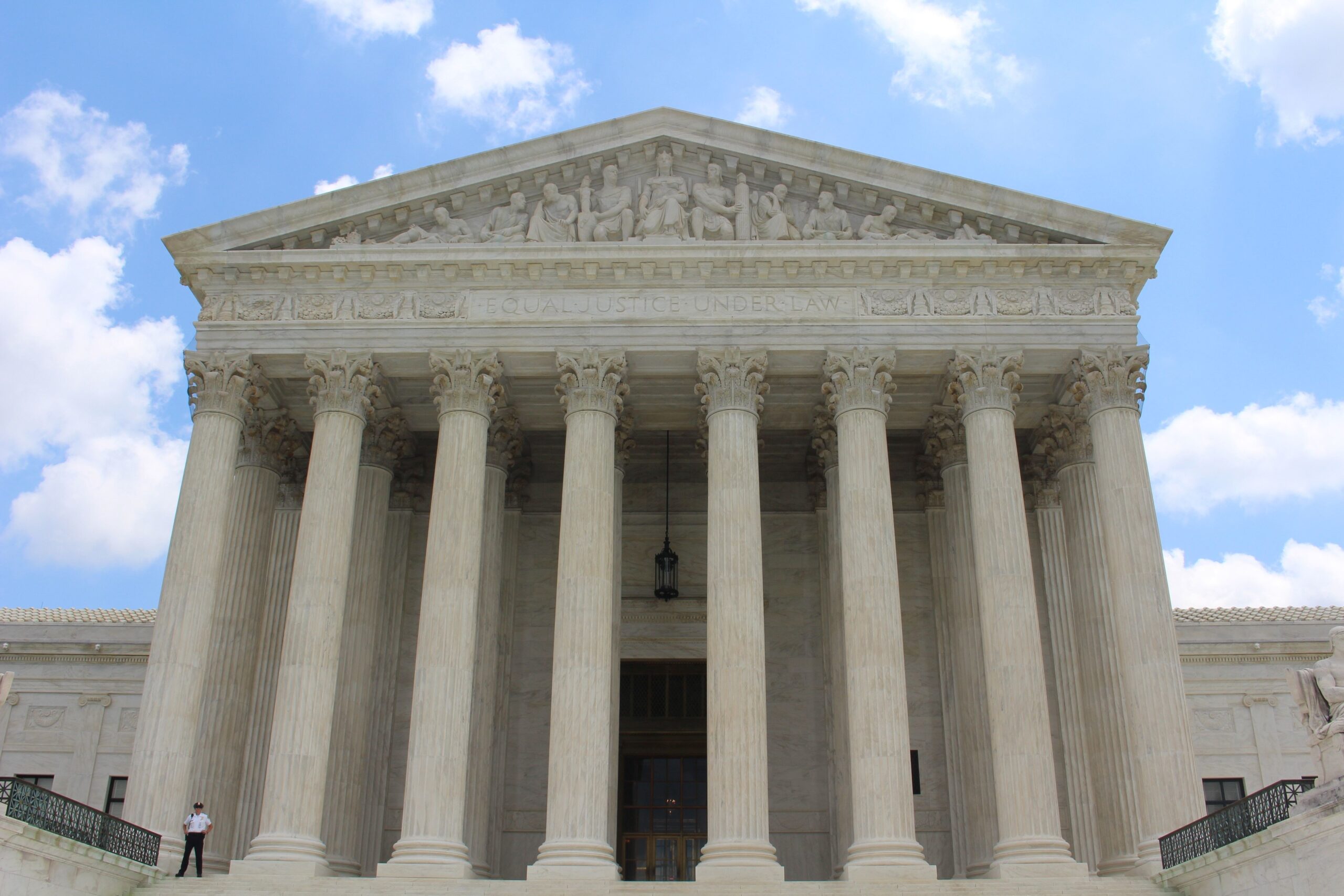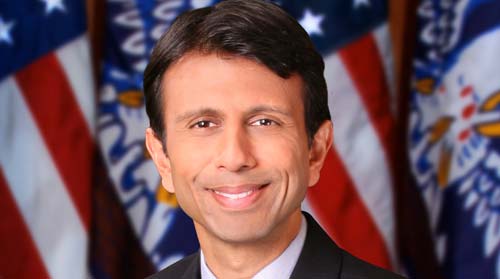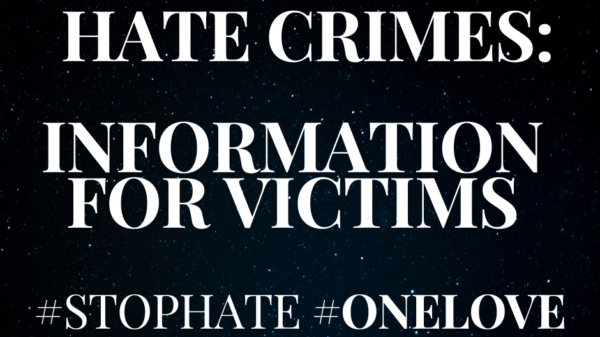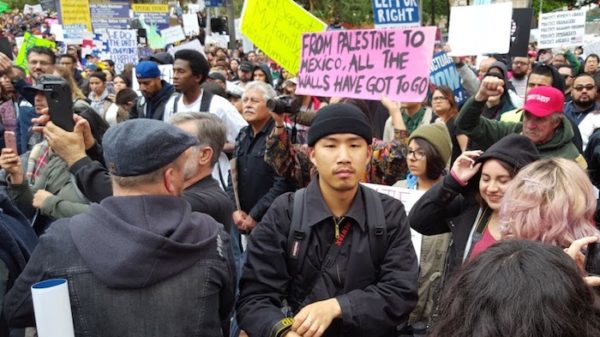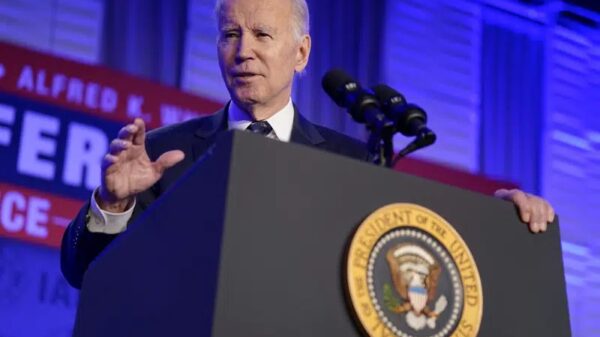Magazine, The Immigrant Experience
In a surprising 5-4 ruling, the United States Supreme Court declared the Alabama Congressional map in violation of Section 2 of the Voting Rights Act (VRA) due to its dilution of Black residents’ votes. The decision in the case of Allen v. Milligan was celebrated as a significant victory for voting rights advocates, who have faced numerous challenges in recent years. The ruling not only carries implications for redistricting cases in other states, including Louisiana but also sets a precedent for the future of voting rights.
A panel of legal experts and activists in the voting rights arena gathered at an Ethnic Media Services Briefing to analyze the impact of this pivotal decision on the future of voting rights. The panelists included Thomas A. Saenz, President and General Counsel of the Mexican American Legal Defense and Educational Fund; Evan Milligan, lead plaintiff in the Allen v. Milligan case and Executive Director of Alabama Forward; Jacqueline De Leon, a staff attorney at the Native American Rights Fund (NARF); and Stuart Naifeh, Manager of the Redistricting Project at the NAACP Legal Defense & Educational Fund, Inc. (LDF).
Thomas A. Saenz emphasized the unexpected nature of the victory, highlighting its broader significance for people of color across the country. He noted the concern that the conservative Court majority would alter the test applied in evaluating Section 2 of the VRA. Alabama argued that this test should not apply to redistricting challenges, making it extremely difficult to prove racially discriminatory intent. Saenz applauded the decision, as it allows pending cases, such as the challenge to Texas redistricting, to proceed and demonstrate violations of voting rights.
Evan Milligan, the lead plaintiff in the case, shared his emotional experience upon hearing the news of the decision. While in Berlin, Germany, on a Holocaust remembrance trip, he received the text announcing the victory. Milligan expressed his deep personal connection to the case and its resonance with his family’s legacy. He stressed that the ruling holds state governments accountable, signaling a threshold against which their behavior will be measured. Milligan also emphasized the importance of building voting rights movements and exploring conversations about a constitutional amendment to establish the right to vote, which could strengthen democracy.
Jacqueline De Leon, representing the Native American Rights Fund (NARF), expressed relief and gratitude for the ruling. She emphasized that it was a basic application of the law, firmly establishing a clear violation. De Leon highlighted NARF’s amicus brief, which presented instances of racial discrimination against Native communities in South Dakota, North Dakota, and New Mexico. She addressed the issue of at-large districts, which have historically hindered the election of Native candidates. De Leon highlighted the ongoing challenges faced by Native American voters due to racial gerrymandering and vote dilution.
Stuart Naifeh, Manager of the Redistricting Project at the NAACP Legal Defense & Educational Fund, Inc. (LDF), provided valuable insights into the implications of the Allen v. Milligan decision for the African American community and the broader fight for voting rights. Naifeh stressed the ruling’s significance in upholding the integrity of the VRA and protecting minority voting rights. He acknowledged the difficulties in proving discriminatory intent in redistricting cases, where lawmakers often employ partisan justifications for their map-drawing decisions. However, he expressed optimism that the ruling sets a clear standard and reaffirms that discriminatory intent need not be explicitly stated to be proven. Naifeh emphasized the importance of considering the overall effect of redistricting on minority communities and understanding the historical context when evaluating claims of racial discrimination.
In addition to the significance of the Allen v. Milligan decision, Naifeh highlighted the ongoing fight against voter suppression and the need for comprehensive federal legislation to protect voting rights. He acknowledged that the ruling, while important, does not address the larger issue of voter suppression and the barriers faced by marginalized communities. Naifeh called for the passage of federal legislation such as the For the People Act and the John Lewis Voting Rights Advancement Act, which aim to safeguard voting rights, combat voter suppression, and address gerrymandering.
The panelists recognized the importance of the Allen v. Milligan decision and its potential to safeguard voting rights. They underscored the ongoing challenges in protecting these rights, stressing the need for continued efforts to strengthen voting rights protections, combat racial discrimination, and uphold democracy. The ruling served as a milestone, but the fight for equitable access to the ballot continues.
#SupremeCourt #AllenVMilligan #VotingRights #LandmarkDecision #Democracy #VotingRightsAct #Redistricting #RacialDiscrimination #VoterSuppression

